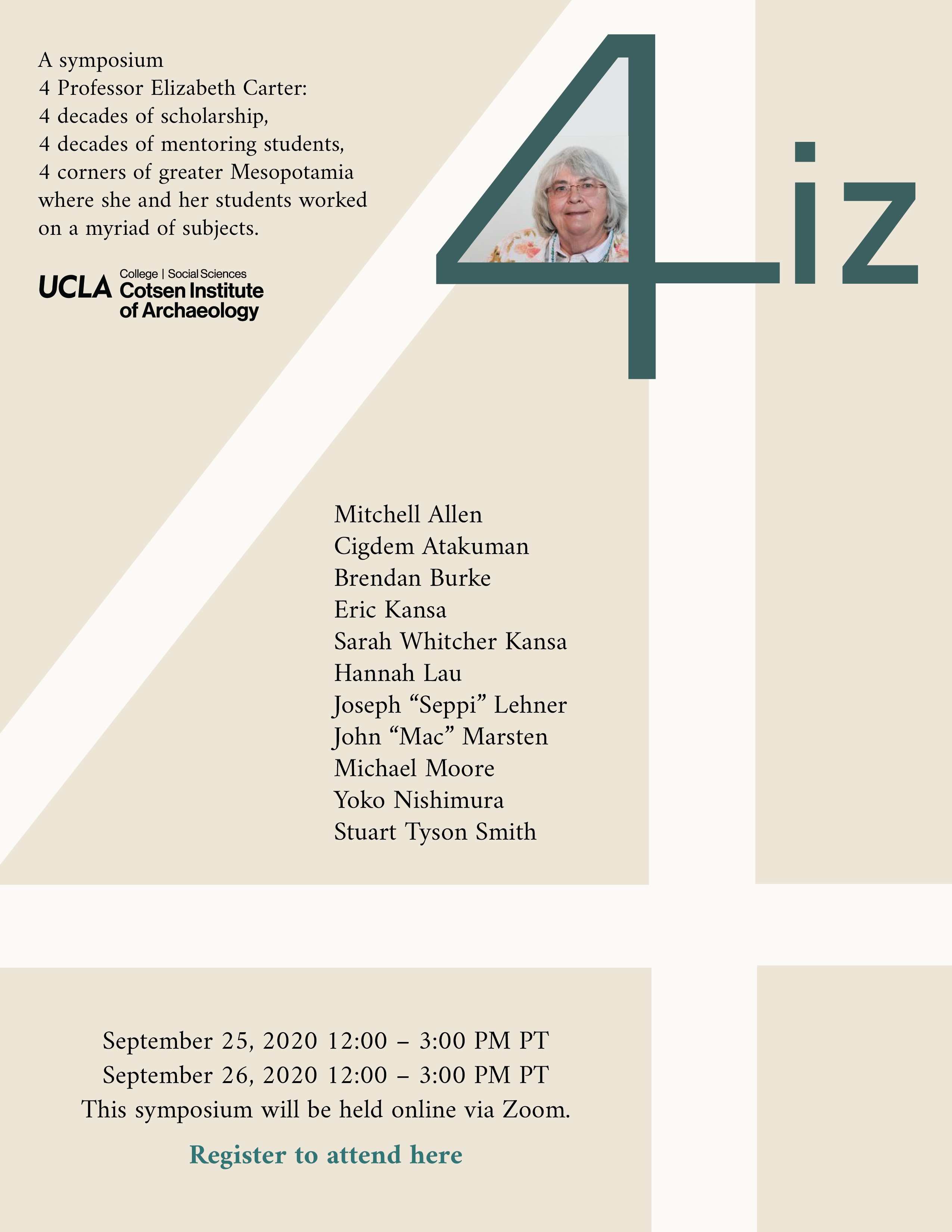Past Events
Interested in Cotsen events? Sign up for our mailing list.Jorge Coronado
Department of Spanish & Portuguese, Northwestern University

Sponsors: Cotsen Institute of Archaeology and UCLA Latin American Institute
Contact Alba Menéndez Pereda and Elyse Brusher
Email albamenendez@ucla.edu and ebrusher@ucla.edu
Phone
Willeke Wendrich, MODERATOR
Director, Cotsen Institute of Archaeology & Professor, Department of Near Eastern Languages and Cultures, University of California Los Angeles
Angela McArdle
Senior Historic Preservation Specialist, Department of Veterans Affairs
Albert Gonzalez
Associate Professor of Anthropology & Director of the C.E. Smith Museum of Anthropology, California State University, East Bay
Kristina Douglass
Assistant Professor of Anthropology, Penn State University
Stephen Acabado
Associate Professor of Anthropology & Director, UCLA Center for Southeast Asian Studies
Sarah Herr
President, Desert Archaeology Inc.
Julie Stein
Executive Director of the Burke Museum & Professor of Anthropology, University of Washington
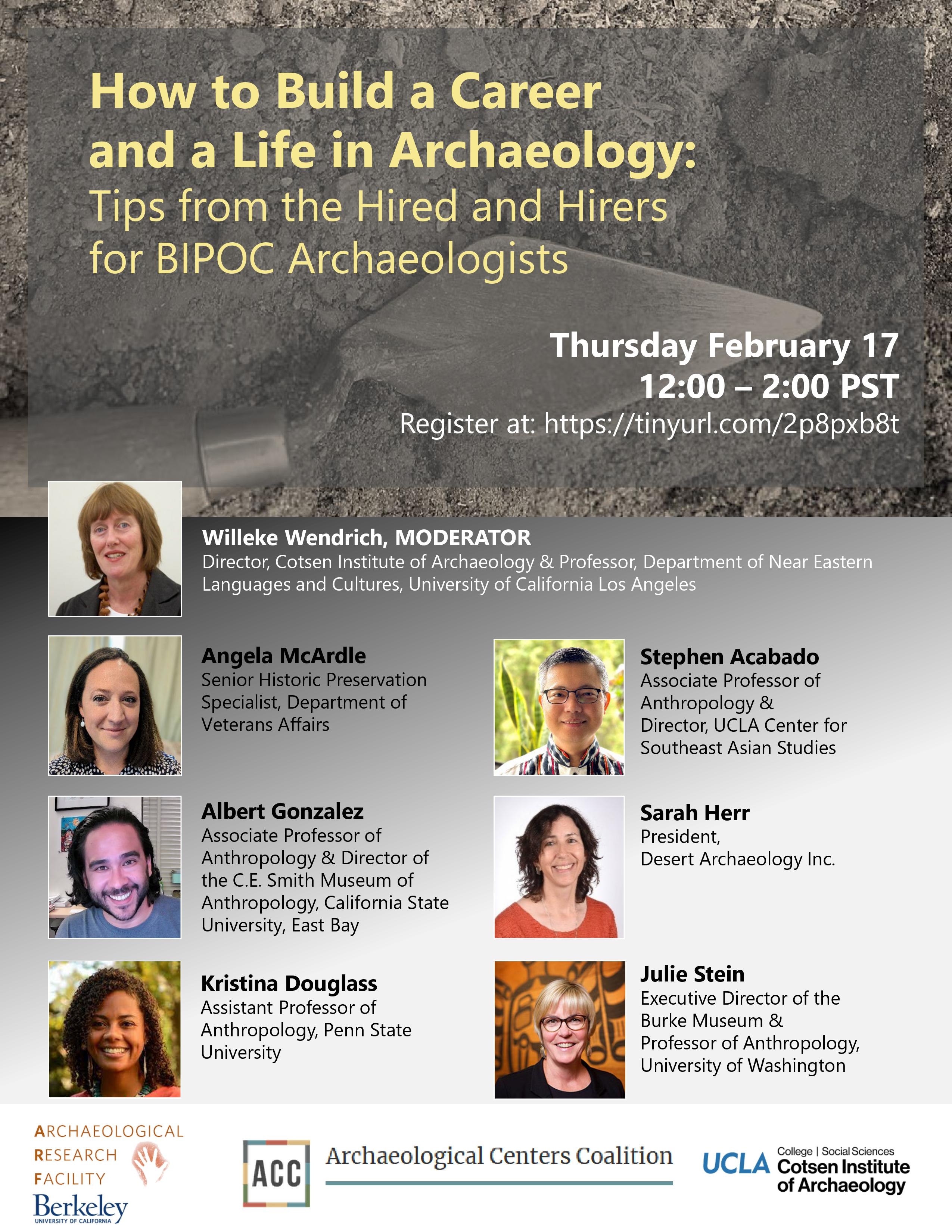
Contact
Phone
A book release seminar sponsored by STRI, Panama and the Panamanian ministry of culture. This new book, written in Spanish, presents recent archaeological research in Panama. The book is the first tome devoted to Panamanian archaeology published in Spanish in Panama.
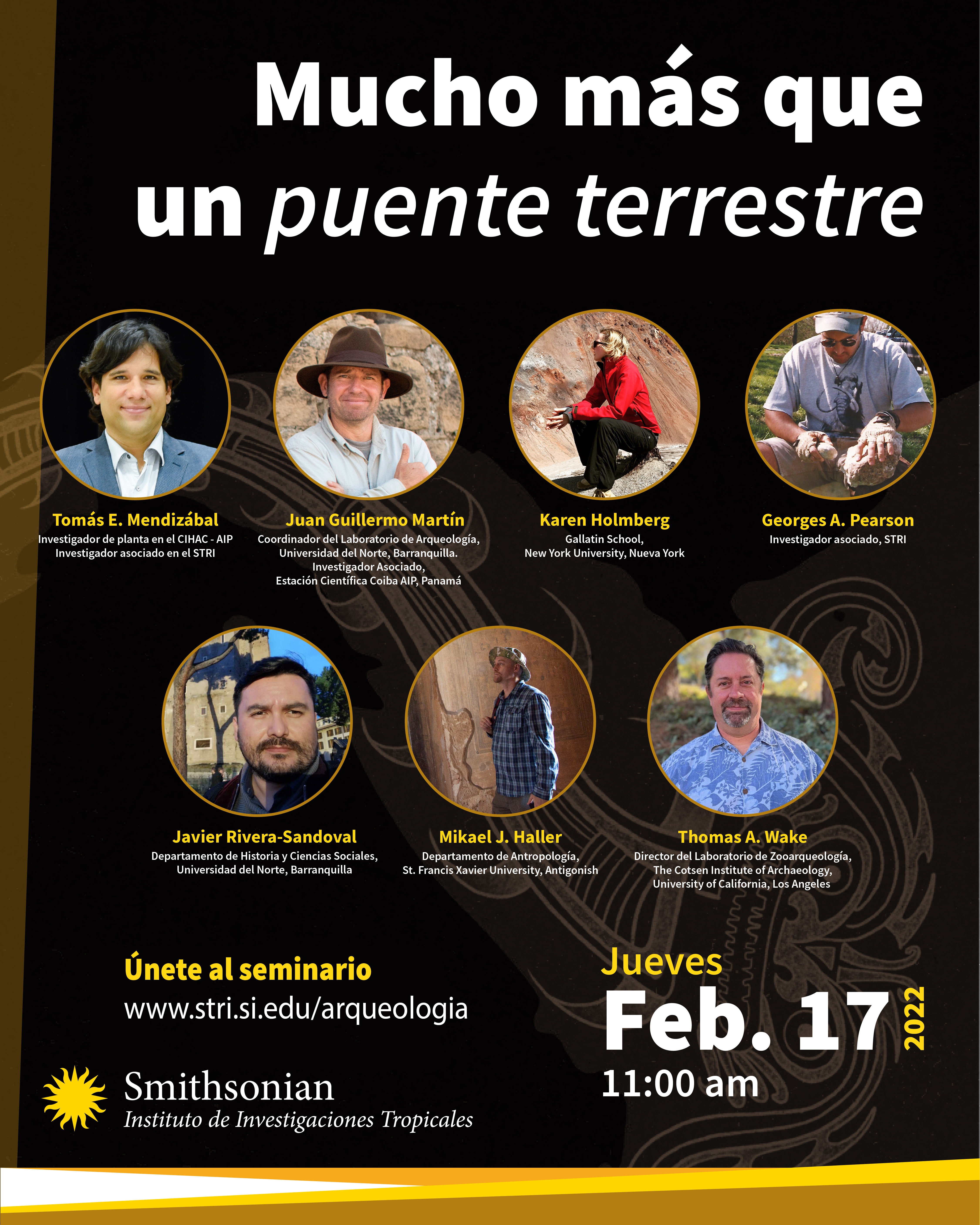
Contact Tom Wake
Phone
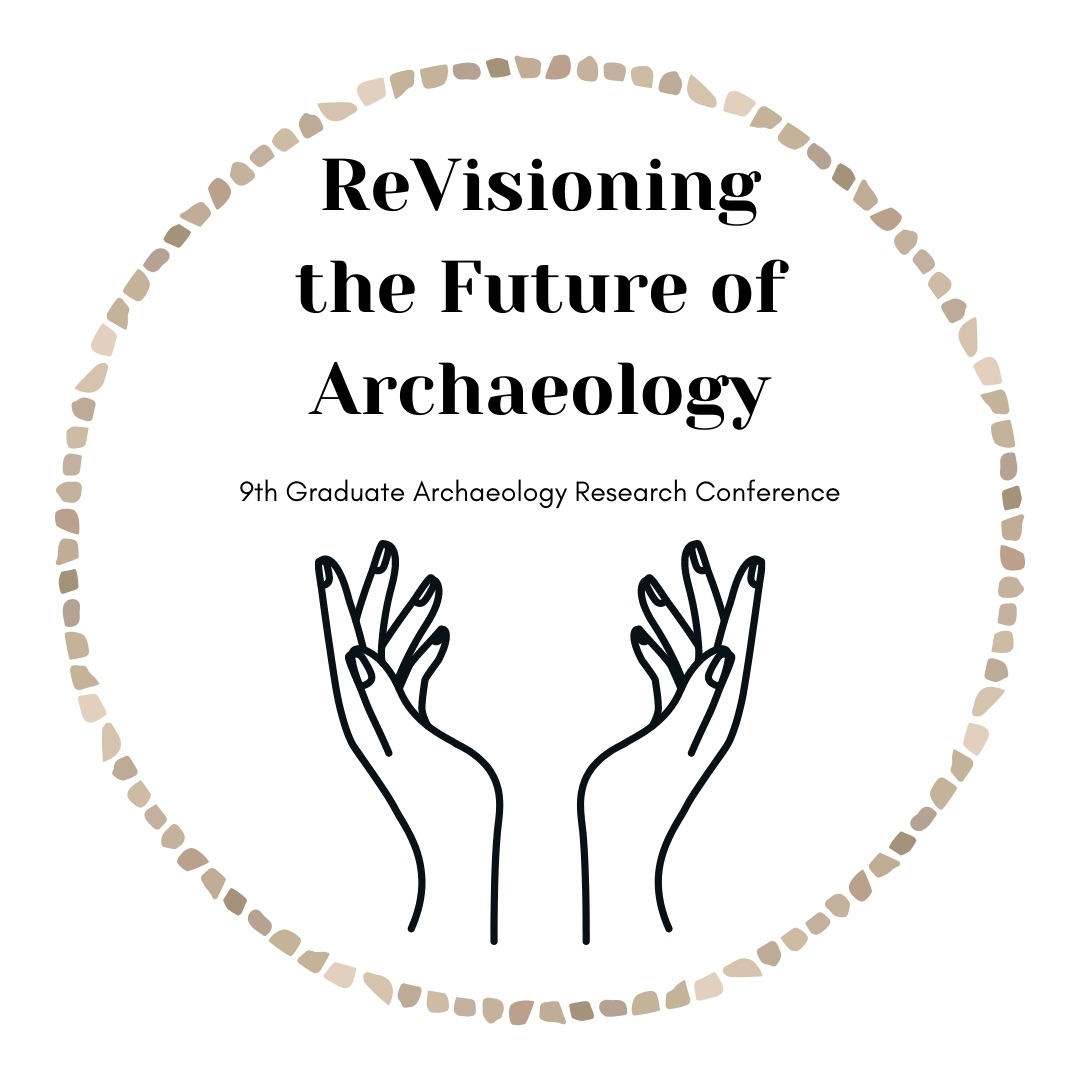 The UCLA Graduate Student Association of Archaeology, an affiliate of the Cotsen Institute of Archaeology, invites you to attend our 9th UCLA Graduate Archaeology Research Conference. This two day virtual event will take place February 4th (4-5pm PST), and February 5th (9am-4pm PST) 2022.
The UCLA Graduate Student Association of Archaeology, an affiliate of the Cotsen Institute of Archaeology, invites you to attend our 9th UCLA Graduate Archaeology Research Conference. This two day virtual event will take place February 4th (4-5pm PST), and February 5th (9am-4pm PST) 2022.
Titled “ReVisioning the Future of Archaeology,” we ask: who is archaeology for, and what tools will we use to (re)design its future? The keynote speaker and graduate presenters will explore topics that consider various questions about archaeology’s role in the present. Topics that bring new ideas, new resources, and new approaches together into an interdisciplinary dialogue.
“ReVisioning the Future of Archaeology” seeks to engage with the greater community, and take into consideration artistic visions, collective and community memory, and diverse points of view in order to produce more inclusive practices and an equitable discipline.
On the first day, Friday February 4, we will have our keynote speaker, Dr. Uzma Rizvi speak. On Saturday, we will hear from our graduate student presenters., who will present for 20 minutes each, followed by a Q&A and discussion.
View the conference website here.
Schedule of Events
Friday, February 4th: 4-5pm PST
Keynote address, "The Future Was ___________: A time outside this time" by Dr. Uzma Z. Rizvi, Associate Professor of Anthropology and Urban Studies at Pratt Institute, Brooklyn, NY; and Visiting Faculty in the Department of Archaeology, Shah Abdul Latif University, Khairpur, Pakistan
With nearly two decades of work on decolonizing methodologies, intersectional and feminist strategies, and transdisciplinary approaches, Rizvi's work has intentionally pushed disciplinary limits, and demanded ethical decolonial praxis at all levels of engagement, from teaching to research.
Saturday, February 5th: 9am-4pm PST
9:00am -10:45am, Session 1: "Multivocal Perspectives on Heritage and Belonging"
11:00am -12:45pm Session 2: "Technological Futures in Archaeology"
2:00-3:45 pm Session 3: "Performing Archaeology: Re-Engaging with Materials and Their Stories"
Register for the conference here.
Contact Taylor Carr-Howard
Email tcarrhoward@g.ucla.edu
Phone
Miguel Guzmán Juárez
Department of Architecture and Urbanism, Universidad Ricardo de Palma
Registration Link: http://tinyurl.com/AndArchTalkMG
Note: This talk will be delivered in Spanish.
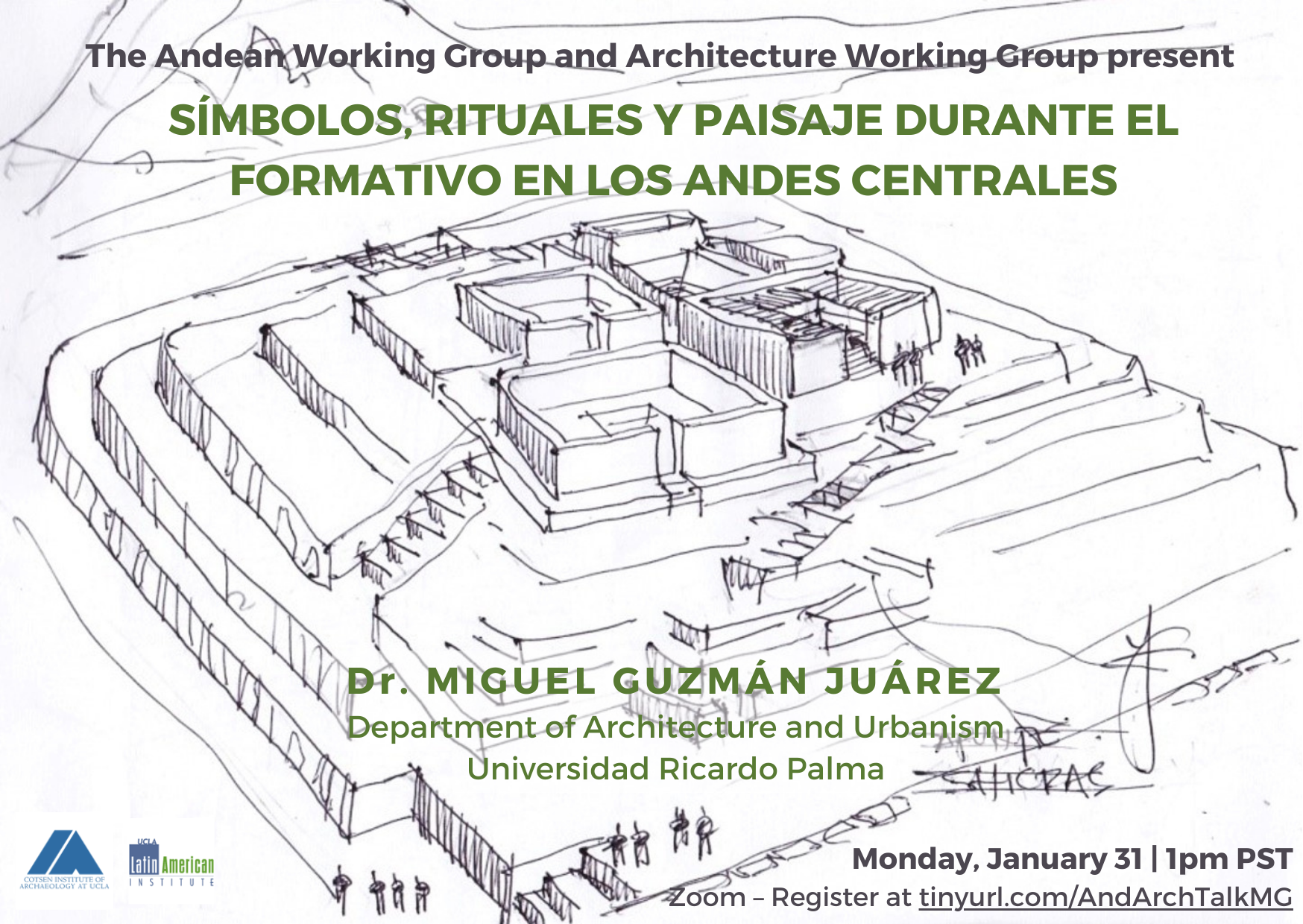
Sponsors: Cotsen Institute of Archaeology and UCLA Latin American Institute
Contact Rachel Schloss & Syon Vasquez
Email rachelschloss@g.ucla.edu & syon@g.ucla.edu
Phone
Leo Garofalo
Department of History, Connecticut College
A discussion of how to study the social history of ethnic groups viewed as marginal in the colonial Andean cities of the 16th and 17th centuries. Studies cases of: indigenous migrants to cities like Lima and Cuzco, including those from Central America and Chile; African and African descendants, including Afro-Iberians, in both cities and present in rural areas production; and people arriving to Peru from in early trans-Pacific diaspora. These constitute three challenging cases for historical study, requiring extra work to detect their traces in the archives and other period sources.
Registration Link: https://tinyurl.com/AWGTalk
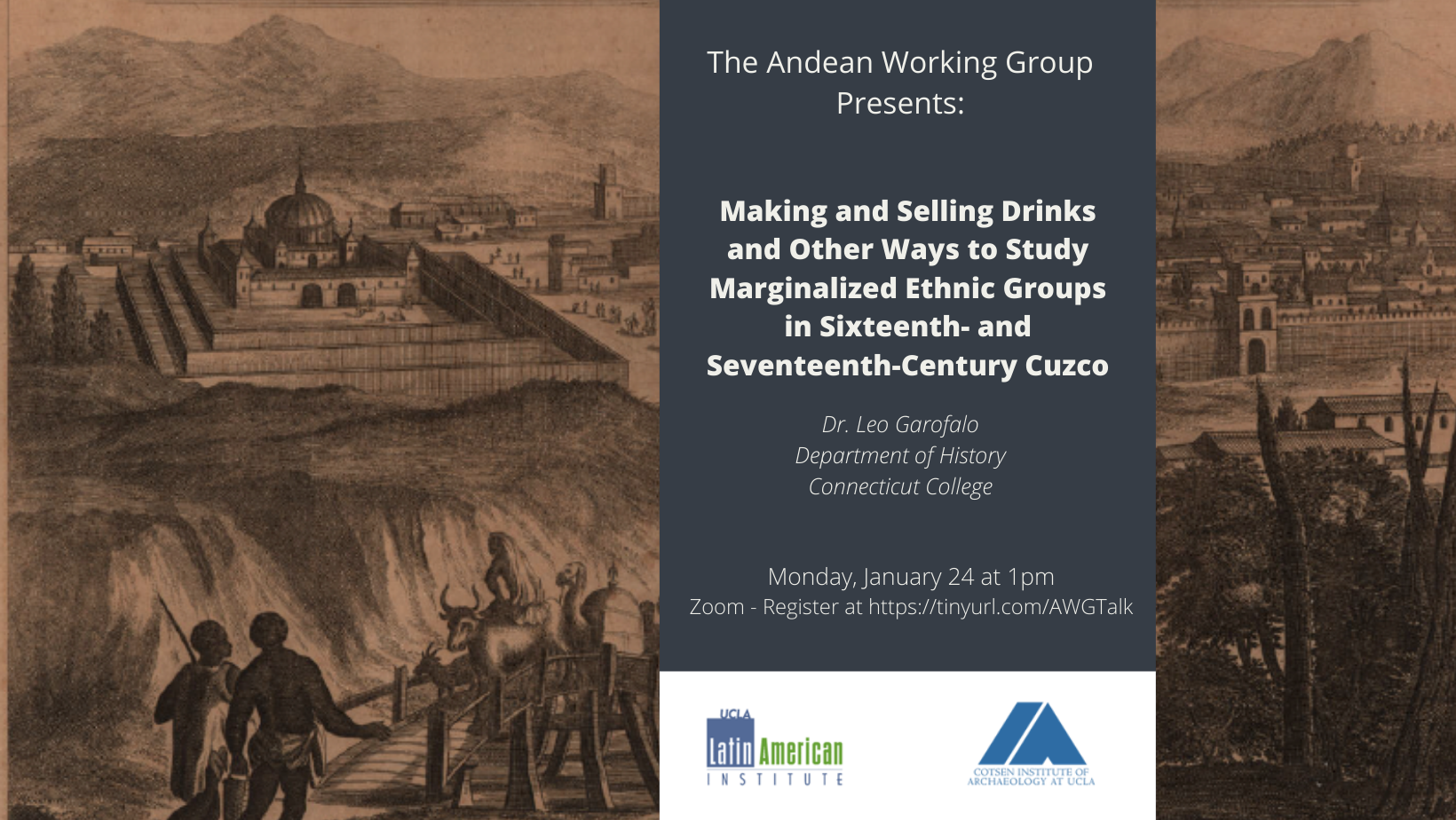
Contact Alba Menéndez Pereda & Elyse Brusher
Email albamenendez@ucla.edu & ebrusher@ucla.edu
Phone
The Teen Friends of Archaeology is excited to invite you to a lecture on the extensive site of Çatalhöyük by Dr. Ian Hodder:
The joys and blunders of 25 years of work at the 9000 year-old town of Çatalhöyük
Register at https://bit.ly/3BBWF0N
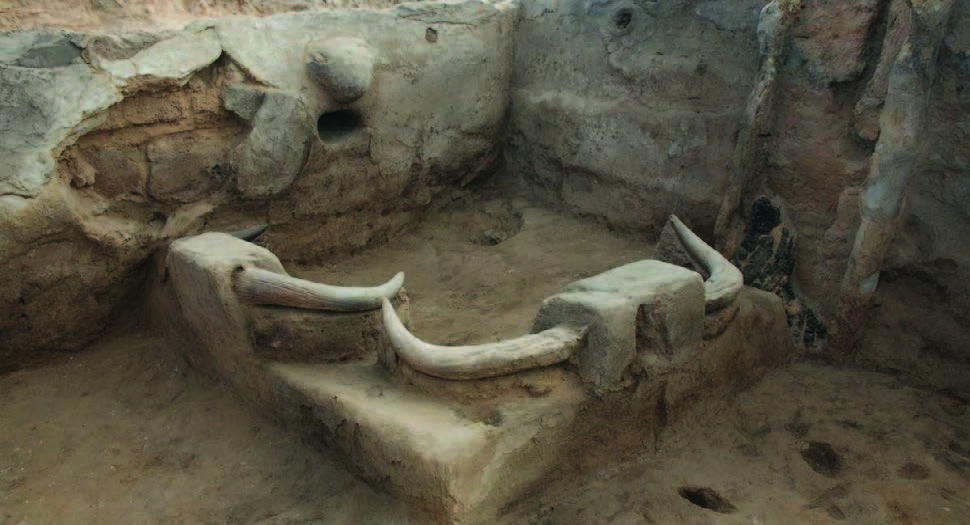
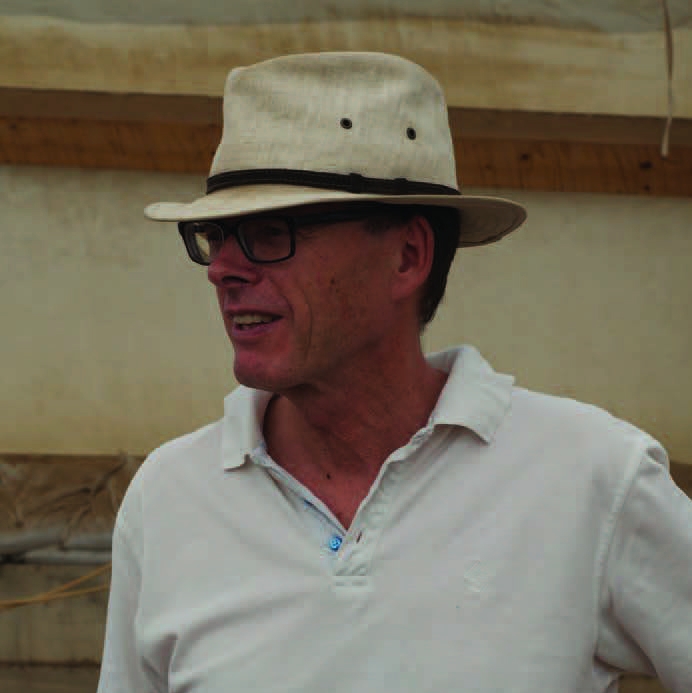 Ian Hodder is the Dunlevie Family Professor in the Department of Anthropology at Stanford, and Director of the Stanford Archaeology Center. He previously taught in the Cambridge Archaeology department. Professor Hodder has also been conducting the excavation of the 9,000 year-old Neolithic site of Çatalhöyük in central Turkey since 1993. He is a well-published author who is known for his numerous books and papers on a wide variety of archaeological subjects.
Ian Hodder is the Dunlevie Family Professor in the Department of Anthropology at Stanford, and Director of the Stanford Archaeology Center. He previously taught in the Cambridge Archaeology department. Professor Hodder has also been conducting the excavation of the 9,000 year-old Neolithic site of Çatalhöyük in central Turkey since 1993. He is a well-published author who is known for his numerous books and papers on a wide variety of archaeological subjects.
Photos by Jason Quinlan, courtesy of the Çatalhöyük Research Project.
Contact Michelle Jacobson
Email mjacobson@ioa.ucla.edu
Phone
Contact Michelle Jacobson
Email mjacobson@ioa.ucla.edu
Phone
SPEAKER:
John Cherry
Professor of Archaeology and Classics
Joukowsky Institute, Brown University
ABSTRACT:
Until quite recently, archaeologists have supposed that the seas and oceans represented a barrier to human dispersal, and that islands were among the last places on earth to be colonized by people, only fairly recently, as part of the worldwide spread of modern humans. But is that picture still correct? Startling new data have come to light just in the last few years, in parts of the Mediterranean and in island Southeast Asia, that have been claimed as evidence for a far longer antiquity for seafaring, reaching back hundreds of thousands, and perhaps as much as a million years. Naturally, these claims have attracted widespread attention and much discussion — and not only among archaeologists. This lecture outlines what we know, with reasonable certainty, about patterns of global maritime dispersal in the past few tens of thousands of years, before turning to present the new evidence and its strengths and weaknesses. In trying to understand it, we will need to consider information (amongst other things) from ethnographic analogy, experimental seafaring, and our current knowledge of the relative configurations of land and sea over the course of the Pleistocene era. Some of the bold assertions made in the past few years require more supporting data before they can be accepted. That cautious conclusion does not detract from the excitement and importance of this fast-moving field of research in archaeology.
Contact Aaron A. Burke (aaburke@ucla.edu) for more information.
Contact Sumiji Takahashi
Phone 310-825-4169
Mariana Favila Vázquez
Archeological studies regarding pre-Hispanic mechanisms of environment appropriation have been crucial to explain the complexity of Mesoamerican societies. However, an ontological dichotomy of water and land has permeated these investigations for decades. The activities practiced on the mainland, such as agriculture, among many others, are the preferred focus of interest for explaining indigenous social and historical processes. The activities and the role of the aquatic spaces are generally considered subordinate or secondary concerning the former. Through archaeological, iconographic and historical
evidence this paper argues that Mesoamerican cultures, such as the Olmec, Maya, and Aztec, had a perception of the environment in which, although water was of course distinguished from the mainland, it was not seen exclusively as an opposite space, liminal and independent to the political, social, economic and religious dynamics of the indigenous people. Evidence of this is the development of a complex nautical technology that was permeated by the religious and ideological configurations of the societies that produced it. Consequently, navigation was practiced as a landscape connectivity system that integrated the use of waterways, coastal lagoons, wetlands, and estuaries, along with roads and activities in the mainland. This study allows for rethinking the valuation of aquatic spaces and getting closer to the local perception of the environment, in which the aquatic spaces are no longer the limit of the territories inhabited by humans.
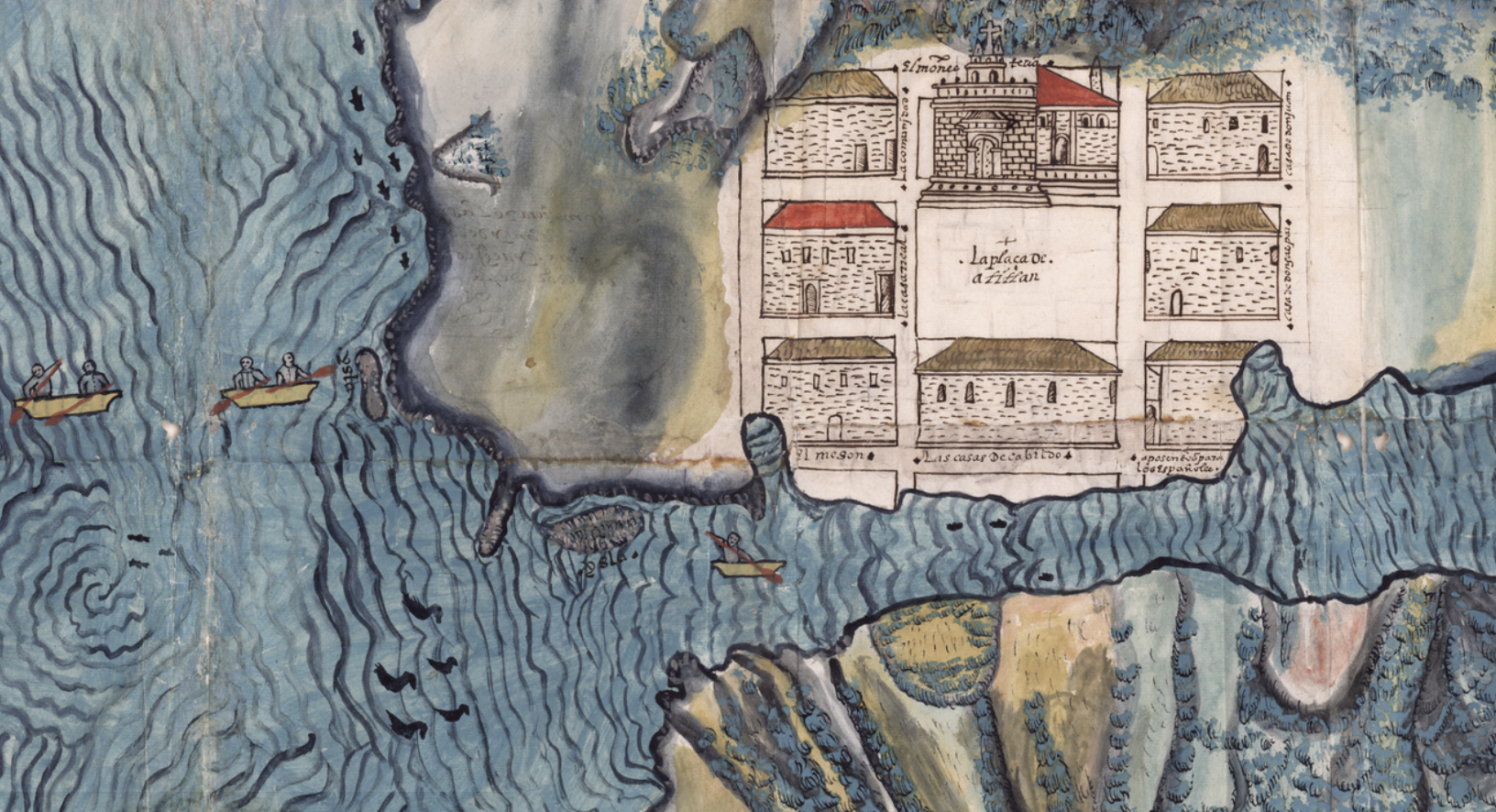
This talk is part of the El Mar Y Sus Metáforas Series and will be in Spanish. For more information about this talk or series, please contact Jimena Rodriguez.
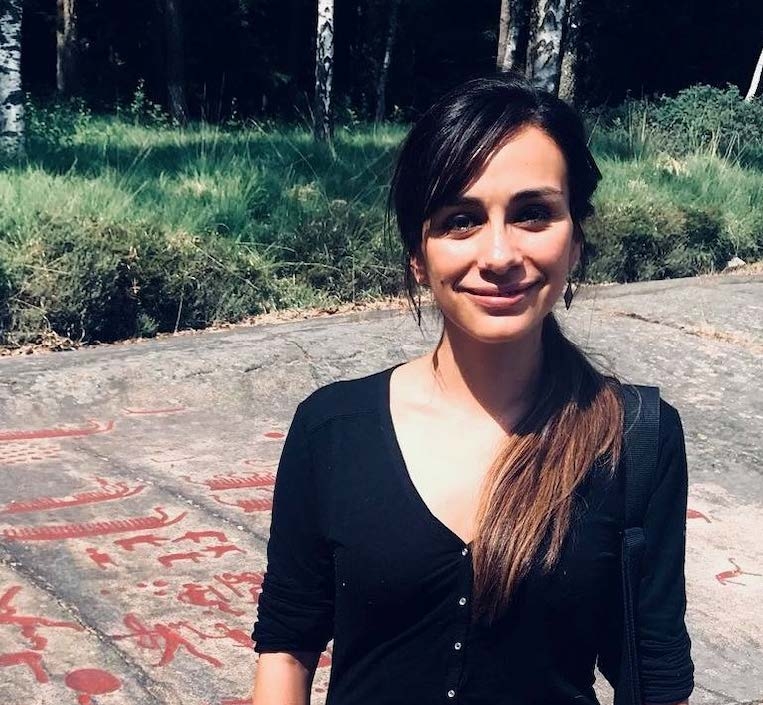
Mariana Favila Vázquez is a Professor of Archeology at the ENAH (National School of Anthropology and History, México) and a research associate in the project “Digging into early colonial Mexico: a large-scale computational analysis of 16th century historical sources” of the University of Lancaster, United Kingdom and the Museo de Templo Mayor in Mexico. Her research has focused on indigenous pre-Hispanic and colonial navigation traditions in the Mesoamerican cultural area.
This talk is co-sponsored by the UCLA Latin American Institute, the Cotsen Institute of Archaeology and the Department of Spanish and Portuguese.
Contact Jimena Rodriguez
Email jimenarodriguez@ucla.edu
Phone
- ‹ previous
- 3 of 7
- next ›



